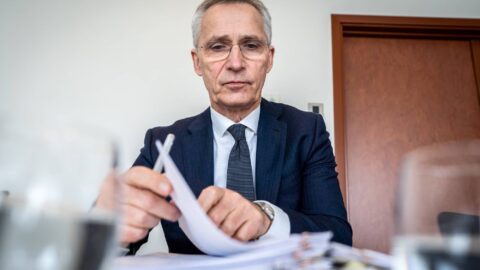Sweden will build new nuclear power for the first time in half a century, Prime Minister Ulf Kristersson (Moderate Party) announced during a press conference at the Ringhals nuclear power plant on 21 August 2025. The decision follows energy company Vattenfall’s confirmation that it will move forward with nuclear expansion plans.
Political consensus around nuclear power
Kristersson underlined that nuclear projects are long-term investments and stressed the need for broad political unity. He noted that the business sector demands stability, and suggested that there is a growing cross-party agreement on the future role of nuclear energy. The leader of the Christian Democrats (Kristdemokraterna), Ebba Busch, highlighted that the Social Democrats have also expressed support for new reactors, signalling a rare convergence across political lines.

vattenfall’s role and business involvement
Vattenfall CEO Anna Borg confirmed that Industrikraft, a business interest group, will join the project company overseeing the initiative. Borg emphasised that joint investment is crucial to ensure progress. Finance Minister Elisabeth Svantesson (Moderate Party) added that the Swedish state could also become a co-owner of the new venture, strengthening public-private cooperation in the sector.

Small modular reactors in focus
While no final construction decision has been taken, Vattenfall has narrowed down suppliers and indicated that the project will focus on small modular reactors (SMRs), a newer generation of nuclear technology seen as more flexible and cost-efficient than traditional large-scale plants.
Sweden Democrats leader Jimmie Åkesson declared that new nuclear power would be built “within a reasonable time”, while Busch noted that the real question is “not if, but how fast and how much”.
Implications for sweden’s energy transition
The announcement marks a turning point in Sweden’s energy policy, which has been largely shaped by a phase-out of nuclear since the 1980s. With rising electricity demand and the need to meet climate goals, nuclear power is regaining prominence in the debate. The move places Sweden alongside other European countries, such as Finland and France, that are investing in next-generation reactors to support the green transition.
The government hopes that combining renewable energy with nuclear power will secure long-term energy stability and reduce reliance on fossil fuels. The coming years will show whether Sweden can translate today’s political alignment into concrete construction of new reactors.






